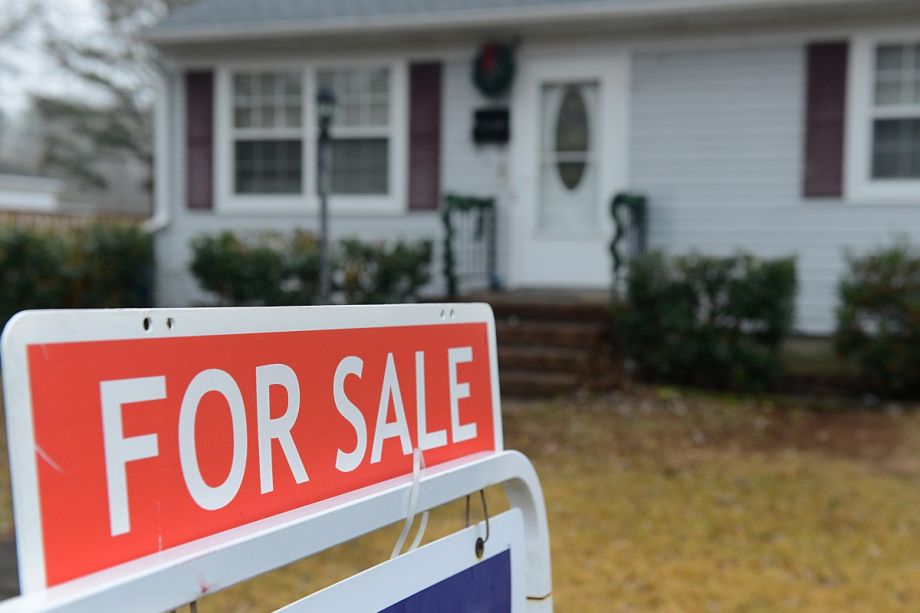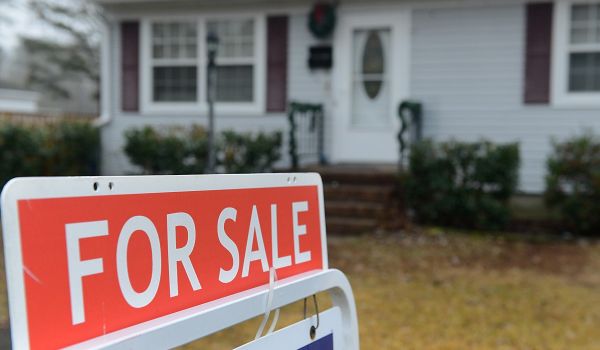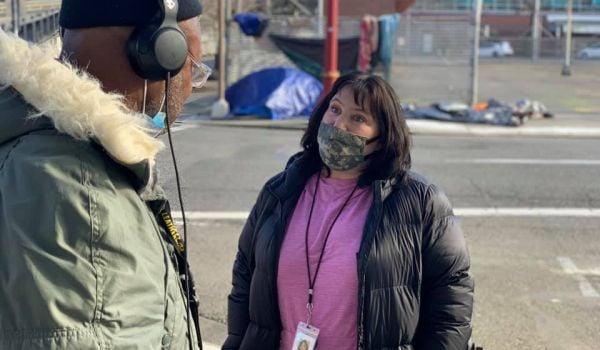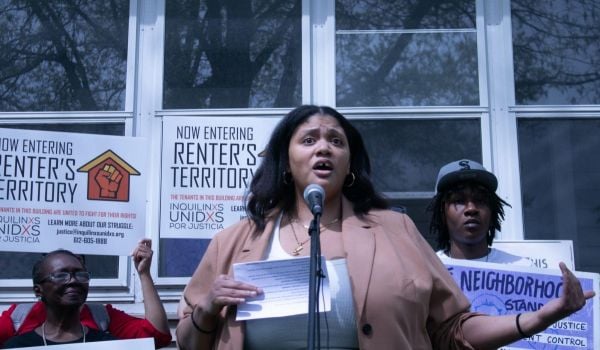Home Sales are Booming
The rate of sales for existing homes rose 2.4% in August, according to the National Association of Realtors, continuing a three-month increase after a steep but brief drop in sales at the beginning of the pandemic. The annualized rate of home sales for August, meaning the number of sales last month multiplied by 12, was 6 million — the highest annualized rate since December of 2006, just before the mortgage and foreclosure crisis that sparked the Great Recession, according to the Association. The median sale price in August was $310,600 — 11.4% higher than last August, according to the report. Lawrence Yun, the Association’s chief economist, said in a press release that more first-time homebuyers are ready to purchase a home, and “further gains in sales are likely for the remainder of the year, with mortgage rates hovering around 3% and with continued job recovery.” One reason for the price increases is low inventory. In addition, more acute increases in the cost of lumber — tied to the wildfires in the West, exacerbated by climate change — have increased costs for multifamily building, and led to more single-family home demand, Yun said, according to the press release.
“Housing demand is robust but supply is not, and this imbalance will inevitably harm affordability and hinder ownership opportunities,” he said. “To assure broad gains in homeownership, more new homes need to be constructed.”
Meanwhile, mortgage rates in August were down to 2.94% from 3.94% the previous year, according to the report. And sales rates and prices for existing homes were up year-over-year in every region: a 5.7% sales increase and 10.4% price increase in the Northeast, 9.3% and 10.7% in the Midwest, 13% and 12.3% in the South, and 9.6% and 11.8% in the West.
The Effect of Race on Home Values is Still Growing
New research shows that the impact of race on home values is twice as substantial now as it was in 1980, according to a report in Bloomberg CityLab. The report focuses on a new study by two sociologists at the University of Pittsburgh and the University of New Mexico, which shows that homes in primarily white neighborhoods are still routinely appraised at higher rates than those in primarily Black and Latinx neighborhoods, and that the gap in average values has widened. “The difference in average home appraisals between neighborhoods that are majority-white and those that are predominantly Black and Latina was $164,000 in 2015, up from about $86,000 in 1980,” the report says.
The reason for the disparity is not simply that American neighborhoods were once segregated by racist policies like redlining. Instead, the report says, the modern practice of basing home appraisals on comparable neighborhood sales (comps) “basically grandfathers in racist home pricing that existed before fair housing legislation.”
The passage of laws like the Fair Housing Act and the Community Reinvestment Act outlawed explicitly racist housing policies, but “did nothing to readjust housing prices in segregated neighborhoods after they were passed,” the report says. Meanwhile, according to CityLab, the Appraisal Institute, a real estate appraisers’ institution, has not published material or studied racial disparities in property appraisals.
Supposedly race-neutral practices like appraisals based on comps are not capable of counteracting long-standing racial disparities, the study suggests. The authors suggest that lawmakers should consider reparations to counteract the overvaluing of homes in white neighborhoods, according to the report.
Portland Requires Landlords to Cover Tenants’ Relocation Costs if They Hike Rents
Last winter, the Portland City Council passed a law requiring landlords to cover relocation costs for tenants they choose to evict without cause or who are unable to afford proposed rent increases of 10 percent or more, The Oregonian reported at the time. Now, according to the paper, landlords will have to cover relocation costs if their tenants are unable to afford a rent increase of any amount through March of next year, as a temporary measure to prevent evictions during COVID-19. Under the modified law, tenants are required to notify landlords in writing that they can’t afford the increase and will need to move. Landlords are required to pay between $2,900 and $4,500 to help those tenants move.
Officials noted that the modification is not the same as a rent freeze, and that landlords can still raise rents without covering relocation costs for those who can afford it, according to the report.
Other cities have adopted rules requiring landlords to cover relocation costs for tenants in some cases, too. In Glendale, California, as Next City reported, officials created a so-called “right to lease,” which requires landlords to offer tenants an additional year on a lease rather than defaulting to a month-to-month agreement, and to cover their relocation costs if they are raising rent more than 7%. In Portland, officials say they will decide next year whether to extend the modification of the relocation rule past March or allow it to lapse.
“In this moment of crisis, when we know that half of our renters were cost-burdened before COVID, we can’t balance landlord housing pressures on the backs of renters,” Portland Commissioner Chloe Eudaly said, according to the report.
This article is part of Backyard, a newsletter exploring scalable solutions to make housing fairer, more affordable and more environmentally sustainable. Subscribe to our weekly Backyard newsletter.

Jared Brey is Next City's housing correspondent, based in Philadelphia. He is a former staff writer at Philadelphia magazine and PlanPhilly, and his work has appeared in Columbia Journalism Review, Landscape Architecture Magazine, U.S. News & World Report, Philadelphia Weekly, and other publications.
Follow Jared .(JavaScript must be enabled to view this email address)


















